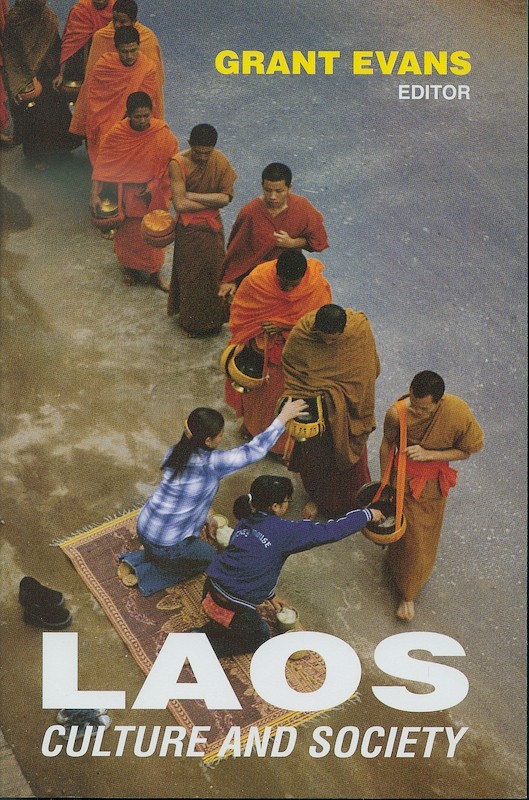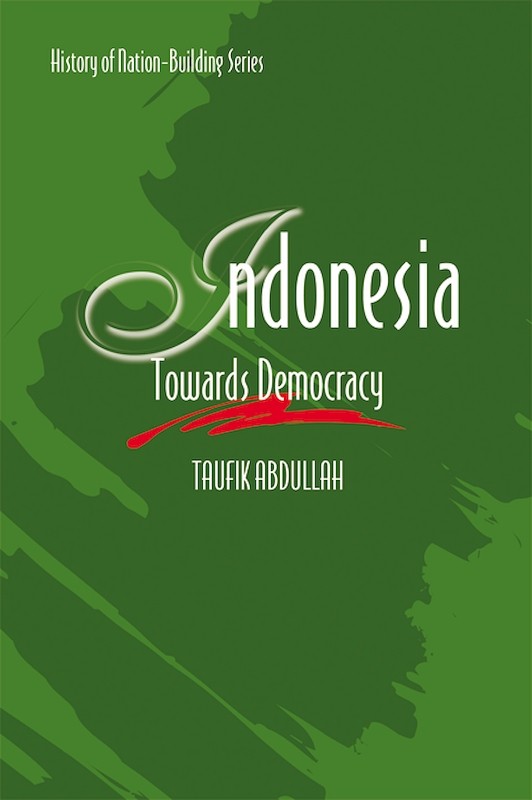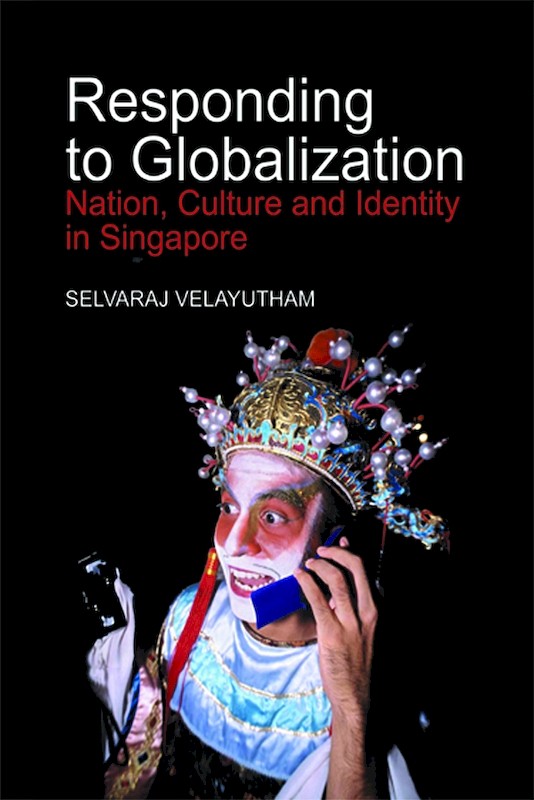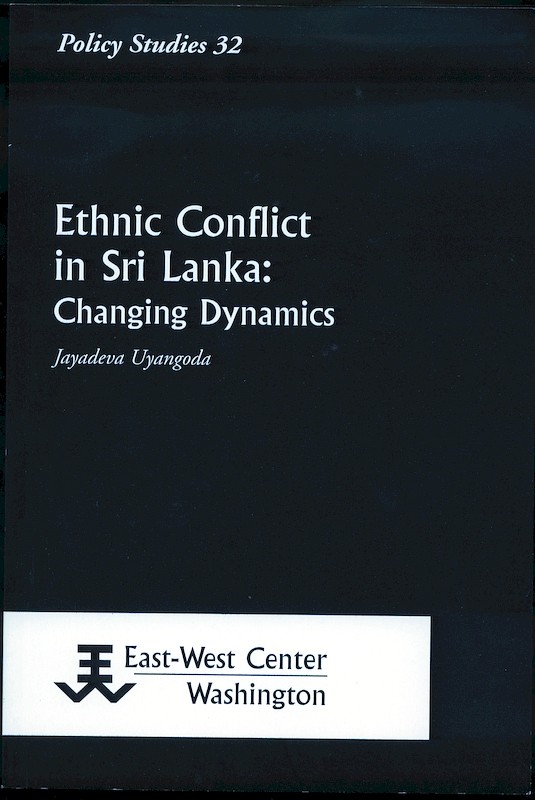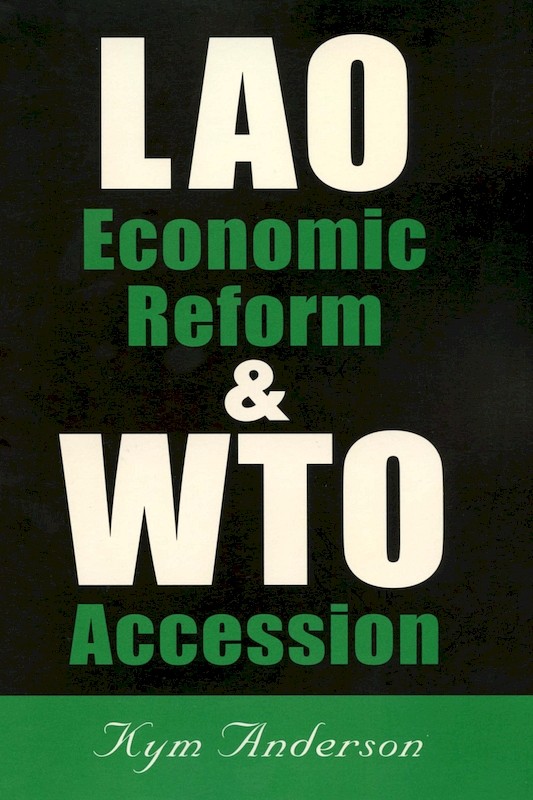Post-war Laos: The Politics of Culture, History and Identity
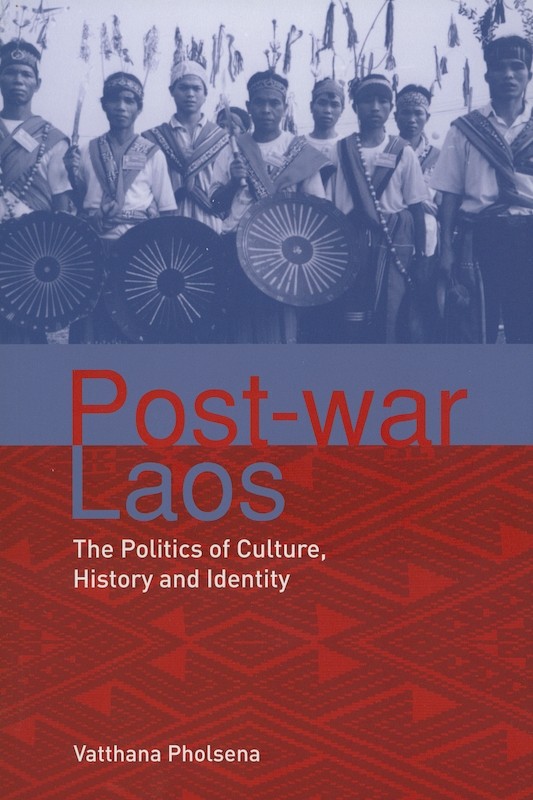
Reviews
"This is a book about political mechanisms, and it examines how they operate not only from the top down but also at the local level and from the perspectives of members of an ethnic group, when a more relaxed style prevails. This book is well-crafted, solidly reasoned, and highly recommended for those interested in things Lao, and of course subject to sharp debate whenever it touches the core of what constitutes a country made up of a mosaic of ethnicities, perhaps with more than any other country in the world, constituting its social fabric, while the modest size of country calls for prudence when it is compared to its immediate neighbours" (Journal of the Siam Society).
"Post-war Laos is a fascinating account of the efforts to construct a multi-ethnic nation within a Marxist framework. Vatthana Pholsena draws on a number of current theoretical approaches to ethnicity and nationalism to develop her argument. [It] makes an important contribution to Lao studies, raising the theoretical level of sociocultural analysis, and providing numerous insights that demand fuller treatment in future publications by this insightful author" (Pacific Affairs).
About the publication
This rigorously researched and cogently argued book is a fine-grained analysis of substantial ethnographic material, showing the politics of identity, the geographies of memory and the power of narratives of some members of ethnic minority groups who fought during the Vietnam War in the Lao People's Liberation Army and/or were educated within the revolutionary administration. No study has ever been conducted on the latter's views on the national(ist) project of the late socialist era. Their own perceptions of their membership of the nation have been overlooked.
Post-War Laos is a set to be a landmark study, and an original contribution which refines established theories of nationalism, such as Anderson's imagined community, by addressing a common weakness: namely, their tendency to deny agency to individuals, who in fact interpret their relationship to, and place within, the nation in a variety of ways that may change according to time and circumstance.
Co-publication: ISEAS / Silkworm / NIAS / Cornell
Institute of Southeast Asian Studies / Silkworm Books / Nordic Institute of Asian Studies / Cornell University Press
Contents
-
Post-war Laos: The Politics of Culture, History, and Identity
-
Preliminary pages
-
1. Post-war Laos: An Introduction
-
2. The Awakening of Ethnic Identity in Colonial Laos?
-
3. Cultural Order and Discipline: The Politics of National Culture
-
4. The Origins of the Lao People: In Search of an Autonomous History
-
5. An "Heroic Village"
-
6. Ethnic Classification and Mapping Nationhood
-
7. From Inclusion to Re-marginalization
-
8. Conclusion
-
Appendices
-
References
-
Index
-
About the Author

